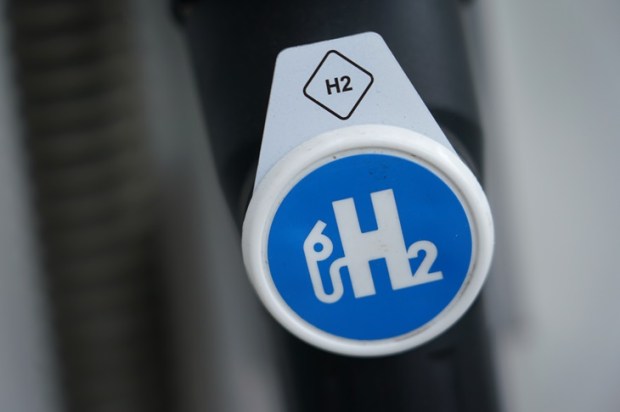Has anyone else noticed a pattern around the Covid-related restrictions of the past three years?
Each infringement felt like a wave crashing on the shore of Australian freedoms, which, after a while, would quietly recede into the background with little fanfare, media, or attention. So it was with the introduction of lockdowns, masks, and mandates.
Already a subscriber? Log in
Subscribe for just $2 a week
Try a month of The Spectator Australia absolutely free and without commitment. Not only that but – if you choose to continue – you’ll pay just $2 a week for your first year.
- Unlimited access to spectator.com.au and app
- The weekly edition on the Spectator Australia app
- Spectator podcasts and newsletters
- Full access to spectator.co.uk
Or


























Comments
Don't miss out
Join the conversation with other Spectator Australia readers. Subscribe to leave a comment.
SUBSCRIBEAlready a subscriber? Log in